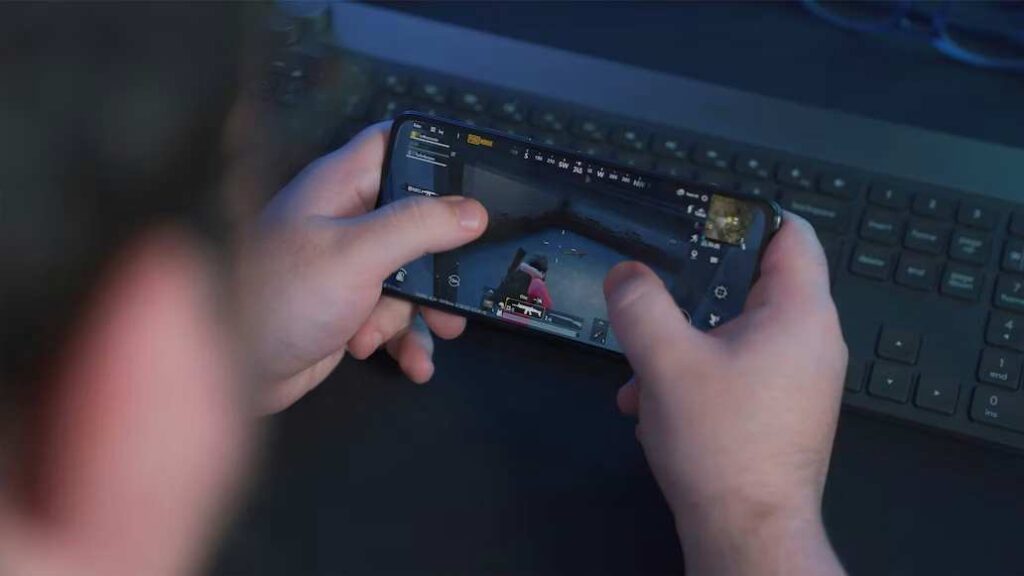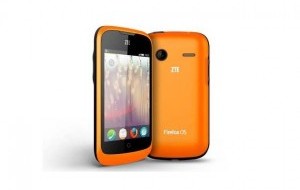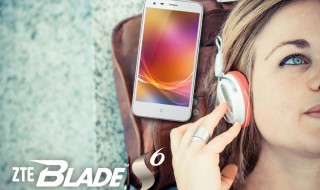3 Good Reasons to Use Your Smartphone Less
Nobody can deny the great contribution smartphones have made to our lives. They make it possible to do business from anywhere in the world, even without a laptop. You can call 911 without running around, trying to find a payphone, or knocking on someone’s door. They also make it easy to send people last-minute reminders and facilitate real-time communication.
For instance, if you send someone to the store to buy your favorite coffee roast, they can call you if it’s out of stock to find out if you want a substitution instead of coming home empty-handed.
While smartphones truly make life convenient, it’s possible to use them too much, to your detriment. If you’re like most people, you probably need your phone, but here are several reasons to limit your smartphone use.
- The more you use it, the more likely you are to drop it
Despite advances in technology, smartphones are highly susceptible to cracked screens and camera lenses. When that happens, your phone becomes an expensive paper weight.

The more you use your phone, the more likely you are to damage it by dropping it or accidentally smashing it. Most people don’t think it will happen to them, but it’s a common occurrence. In fact, you might be surprised at all the different ways people damage their phones, from losing them on rollercoasters and dropping them down storm drains to accidentally throwing them out of second-story windows and running them over with their cars.
When you limit your phone use, you’re also reducing the number of opportunities for breaking your phone. Whether you take this advice or not, at the very least, buy a durable case for your phone, especially if you’re buying the new Galaxy S24. Screen replacements aren’t cheap, and even if you have insurance, you’ll still be inconvenienced without a phone for a while. It’s not worth the risk.
- Installing more apps to be productive will backfire
If you’re part of the generation that has been sold on the idea of using apps to increase productivity, you may want to slow your roll on installing productivity apps and stick with the basics. Using too many apps will make you confuse activity with productivity.
In fact, the more individual apps you use, the less productive you will be. For instance, companies that make these apps will say you need an app to track how much time you spend using each of your apps, and then you need a calendar app, a task management app, a fancy note-taking app, and more. None of these apps talk to each other, some don’t offer cloud storage, and are you really going to use them regularly once the newness wears off? Probably not.
If your note-taking app doesn’t sync with your desktop or laptop, you’ll have to open the app anytime you want to access your notes. Each time you’re done taking notes, you’ll need to send the file to your laptop or try to read everything on a small screen. It’s never a good idea to read important things on small screens because you’ll be less likely to read full paragraphs and even less likely to remember what you’ve read.
Even worse, if your note-taking app doesn’t sync to the cloud, you may not be able to transfer your notes when you get a new device. And if you decide you don’t like the app and want to try something new, you’ll have to recreate all of your notes by hand in the new app.
- Constant phone usage derails productivity in general
Even if you aren’t using productivity apps, just responding to your notifications all day long will make you unproductive. According to the data, the average person clicks or swipes their smartphone 2,617 times per day. The top 10% do it 5,427 times per day. At one second per swipe or click, that’s 43.6 minutes on the low end, and 90.45 minutes on the high end. That’s just the time it takes to make those points of contact and doesn’t account for the time spent reading, scrolling, or talking.
If you think you don’t have enough time in the day to do everything you want, start limiting your smartphone use. Turn it off at night, keep it on silent when you’re out in public or hanging out with friends. Use it as a tool, not a constant source of entertainment. When you do, you’ll have a lot more time to yourself.
Smartphones are tools, not lifelines
If you want to be more productive, happier, and present with the people in your life, think of your smartphone as a tool rather than a lifeline that keeps you perpetually connected to the world. You might be surprised to see that you’ll be happier when you limit your smartphone usage.



